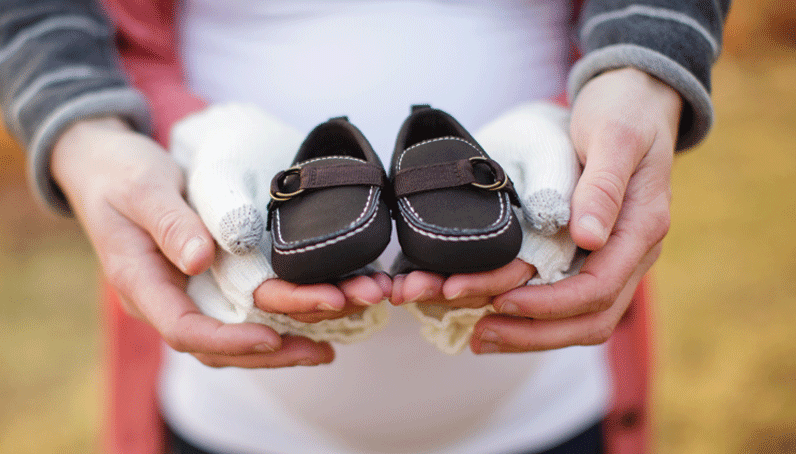5 Common Fears of New Parents
Preparing to become a first-time parent can be an overwhelming experience. As you get ready for a baby to come into your life, it’s natural to have fears about the months and years to come. Below, we’re sharing five common fears of new parents, along with advice for addressing each concern and calming your nerves.
1. Being A Great Parent
There’s no denying that parenting is a challenge. Babies require a lot of time and energy, and it’s common for new parents to worry that they’ll somehow mess up. No person, or parent, is perfect. Mistakes will be made and you’ll learn from each of them. Embrace your imperfections and take it easy on yourself. Find other parents who you can be open with, share your mistakes, and ask for advice when you need it. Your anxiety will come down with time.
2. Getting Enough Or Too Much To Eat
Whether you’re breastfeeding or using formula, the question of whether your baby is eating too little or too much is one that most new mothers worry about. The good news is that babies will let you know exactly when they’re hungry and when they’ve just had enough. Notice your child’s responses during a feeding and let them decide when they’re finished or if they need more.
3. Reaching Milestones At An Appropriate Age
As a new mother or father, there is nothing more exciting that watching your child crawl for the first time, say their first words, or take their first steps. There are many helpful guides that give parents an idea of when their child will reach each of these milestones.
Remember that guidelines are just that. Each child will progress in his or her own way. Some children develop physically more quickly while others will be more verbal in the beginning. It’s all very normal. Take note of when your baby reaches milestones and address concerns with your pediatrician.
4. The Great Daycare Dilemma
Experiencing anxiety about daycare is another common trait among new parents. The two sources of most of this anxiety are leaving your child in the care of another adult and the possibility of your child being injured by another child.
Research can help to subside these fears. Meet the staff, ask questions, and address concerns with the daycare director (who has absolutely heard all of the same questions for other parents) before taking your child in for the first time. Most day cares will also give weekly or even daily updates, letting parents know about day to day activities and potential issues.
5. Developing, Progressing, And Becoming Successful
Setting your child up for success starts at an early age. Keep in mind that a great deal of your child’s development will happen independently. Giving your child the freedom to learn, explore, and play on her own will help her to build skills and a positive self-image that will help her succeed throughout her educational, professional, and personal life.









Leave a comment